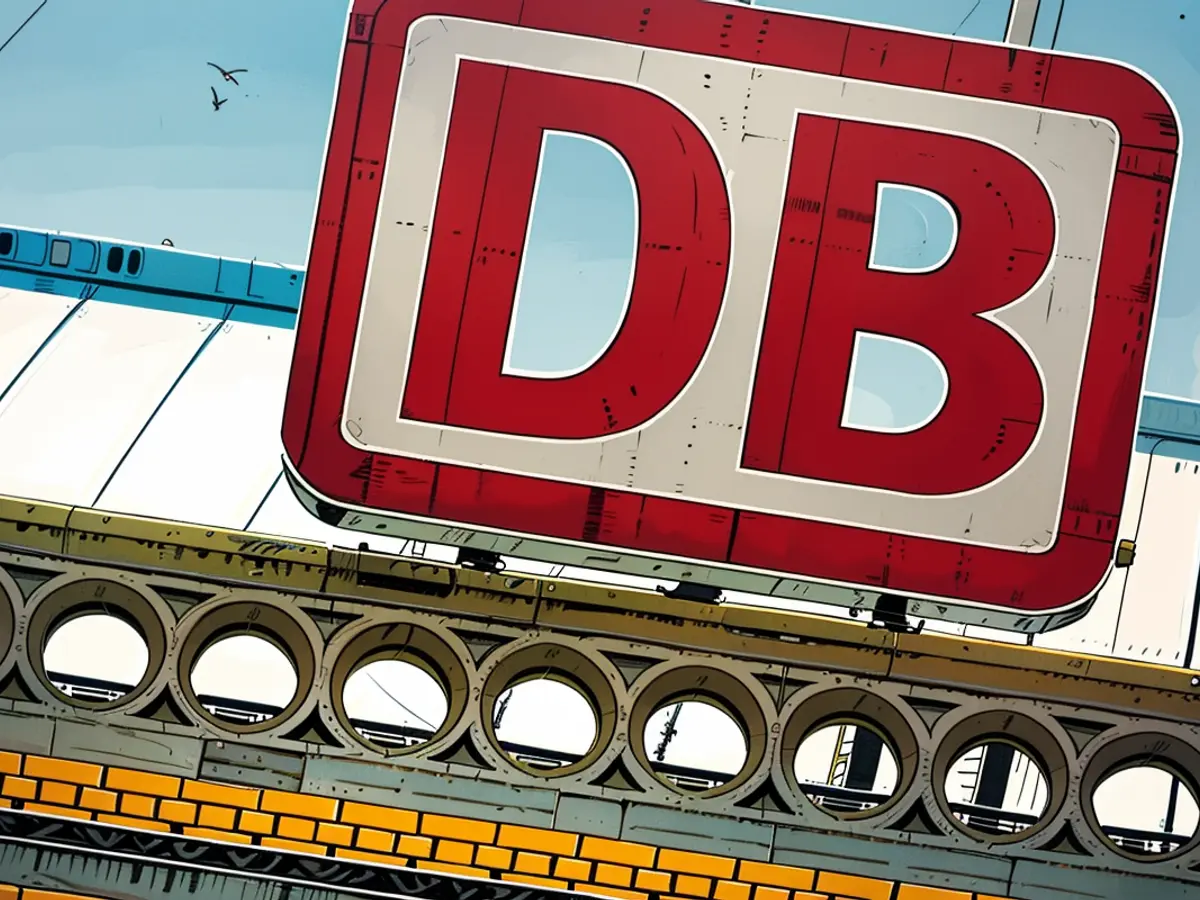- Dazzling and down-to-earth: the Wittelsbach dynasty
"The over 800-year connection of the family to the land of Bavaria was indeed formally dissolved with the end of the monarchy in 1918, but the mutual bond, appreciation, and affection have not ceased," writes Duke Franz of Bavaria.
In fact, there is hardly a country that has existed as a free state and republic for over a century that is as closely linked to its royal tradition as this one. In Bavaria, there are even left-wing autonomists who call themselves "royal-Bavarian antifascists" out of conviction.
Some Wittelsbachs became culturally significant
No European dynasty is so closely identified with its land as the Wittelsbachs. They ruled Bavaria without interruption as dukes, electors, and kings from 1180. For 600 years, they also ruled over the Palatinate. Over the centuries, different lines emerged, and for a long time, Bavaria itself was divided. When the Bavarian line died out in 1777, a Palatine cousin stepped in and continued it.
Some Wittelsbachs, notably King Ludwig II and his cousin Sisi, who later became Empress of Austria, have made their mark on international pop culture.
The House of Wittelsbach, with its 800-year reign over Bavaria, continues to hold significant cultural influence, as illustrated by the enduring popularity of figures like King Ludwig II and Empress Elisabeth (Sisi). Interestingly, some modern political groups in Bavaria, such as the "royal-Bavarian antifascists," draw inspiration from this noble lineage.








